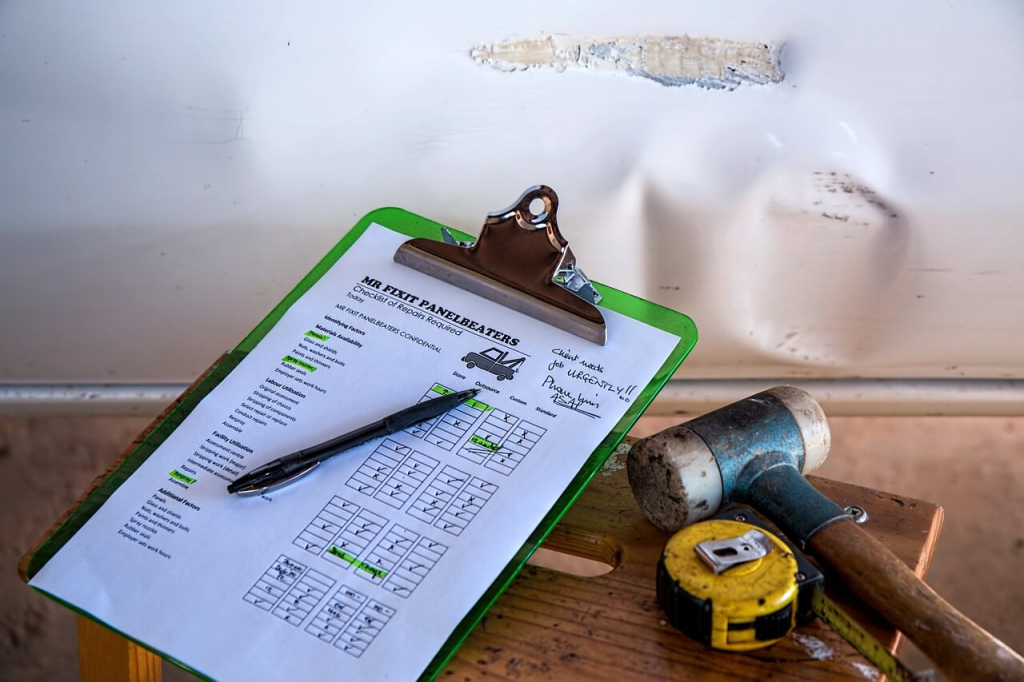A landlord will encounter a lot of different tenants in the course of renting out their properties. Some are fortunate enough to acquire tenants that are not rule-breakers, pays the rent on time, and generally do not give their landlords anything to worry about.
But some may not be as lucky. There is one type of tenant that no landlord would want: the professional tenants.
Professional tenants are those who can manipulate landlords, bend rules, or avoid rental payments and they have different strategies to do it too. They would cause property damages or loss of income for the landlord and it can bring about a lot of stress.
As a landlord, you should be vigilant to these kinds of tenants and learn how to avoid them. What are the strategies of professional tenants?
· Partial payments
A landlord cannot evict a tenant if they can pay the minimum amount needed for a rental payment if they are unable to pay the whole amount. These professional tenants will only pay that portion of the rent.
The landlord will not have a legal basis to evict them if he accepts partial payment. They might do this for several months and before you know it, there is a huge amount of unpaid rent that has accumulated throughout their stay.
Do not accept partial payments because once you do, you are setting yourself up to deal with a problematic tenant. Upon screening them, you must emphasize this and there should be no exceptions.

· Cash payments
Professional tenants will try to pay in cash as it is harder to track. Some may even resort to making fake receipts and they will claim that they have already paid the rent.
Avoid accepting cash payments but double-check with your state laws first if this is allowed. If unavoidable, the tenant and landlord must both sign a receipt upon receiving the money. That way, they cannot use a receipt as proof without your signature on it.

· Rent payment but no late fees
Late fees are there to motivate the tenants to pay on time and a landlord should strictly stick to that protocol. Professional tenants will pay the rent past the due date and will persuade the landlord that the late fees will be paid at a later time. This will result in them never paying the late fees to the point that the landlord will just waive it.
· Claims that property is unfit to live in
This is a bigger problem for the landlord as this involves property damage. They would claim that the property is uninhabitable therefore, they should not pay for rent. The usual trick they would use is to file a request for maintenance and would claim that the landlord never addressed this.
This is why it is important to keep track of all the maintenance and renovations done to a property prior, during, and after every lease. Complete documentation of your property will help you defend your case. It is advisable to take pictures of the property and perform annual inspections to make sure that it is in good condition.

· Begging for time
These tenants will do anything to avoid paying rent and one of these will be begging for more time or extension to pay for the rent. They will come up with sob stories about how difficult their lives are and how hard it is for them to make ends meet.
Although it might make you feel a little guilty, you must remember that you are running a business and that their failure to pay rent will mean a financial loss for you. The relationship should be maintained at a professional level.

Suggest that they loan from their relatives or a bank for them to pay their debts. If they are unable to, you have to consider eviction. You can help them by releasing them from their lease so they can scout for a place that they can afford.
Look out for these tenants upon screening. Check their backgrounds and find out if they have a history of evictions, past convictions, and complaints from previous landlords.
The listings you create at Padleads might attract professional tenants and they will send an application in for you to evaluate. You will syndicate these listings to different rental sites that they frequent. They will not provide you with negative histories so it will be your job to thoroughly verify everything they will tell you.
How to avoid professional tenants:
• Ask for a valid ID, like a license. If they refuse, they might be trying to conceal something.
• Check their employment status to ensure that they can afford the rent. Call the company using a legitimate phone number listed on the directory for you to obtain concrete details.
• Contact previous landlords but make sure that they are real. They might make up a fake landlord for you to contact and will tell you positive things about the tenant. Ask for details that only the landlord will know, like rental payments and the details of their lease agreement.
It might be a tedious job screening tenants but keep in mind that this will be your advantage and it could save you from being a victim of professional tenants. Just remember that you have to protect yourself and your business from failing into their trap and leaving you with losses and stress.